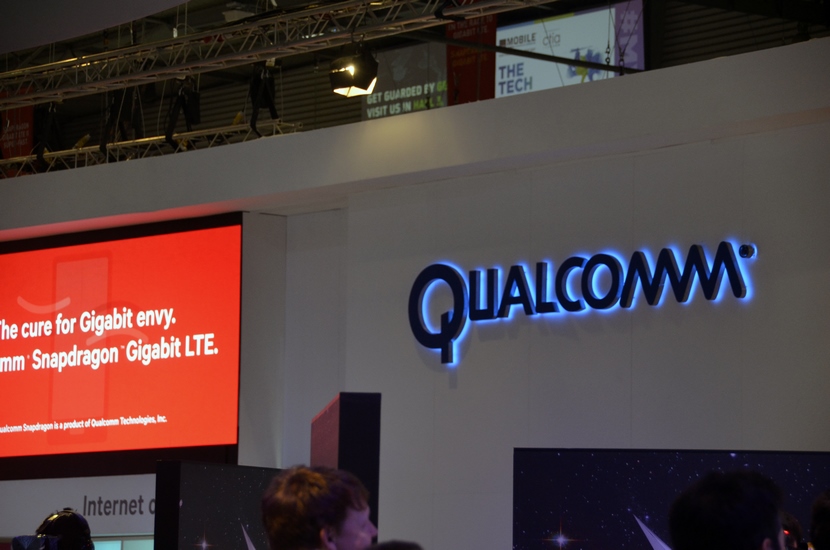
2017 will be a year that Qualcomm will want to forget about its most recent history. Throughout 2017, Qualcomm has faced a number of issues, not only with some of its largest customers, such as Apple, but also in Europe, South Korea, and China, where it se faces sanctions for its monopoly and dominance policies.
Finally, and to begin with, the European Union has been the first to officially fine the processor and chip giant based in San Diego, with an amount that is close to 1.000 million euros, to be exact 997 million euros.
Despite the high figure, the company can still find itself with a song in the teeth, since initially it faced double the sanction that it has finally received. This fine has been imposed by the European Union to try to frenege the agreements it had reached with Apple specifically, so that they only used their radio chips in their terminals, something that goes against the antitrust laws not only of the European Union, but also of China and South Korea, where they also face similar problems
Qualcomm not only reduced the price of its chips to become, de facto, the cheapest option, but it was also accused of pay incentives to companies to make the chips themselves needed for your devices. The fine received by the San Diego-based company represents 5% of the global revenue that the company had throughout 2017.
In recent years, the European Union has undertaken a crusade against American companies who roam freely in Europe benefiting from the fiscal conditions of some countries, such as Apple, being accused of monopoly practices, as is the recent case of Google and Microsoft a few years ago ...